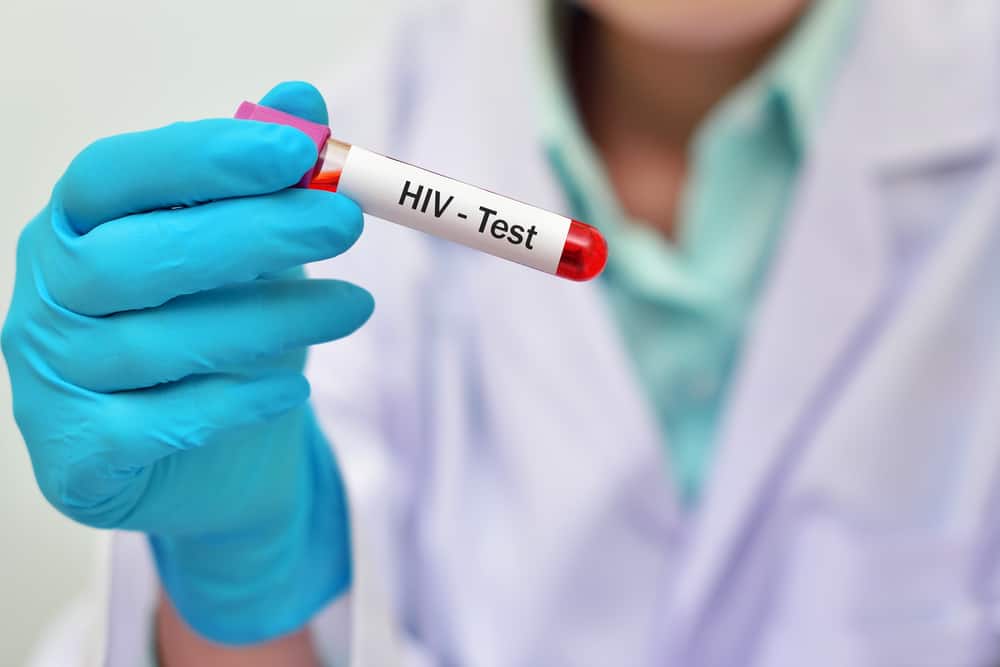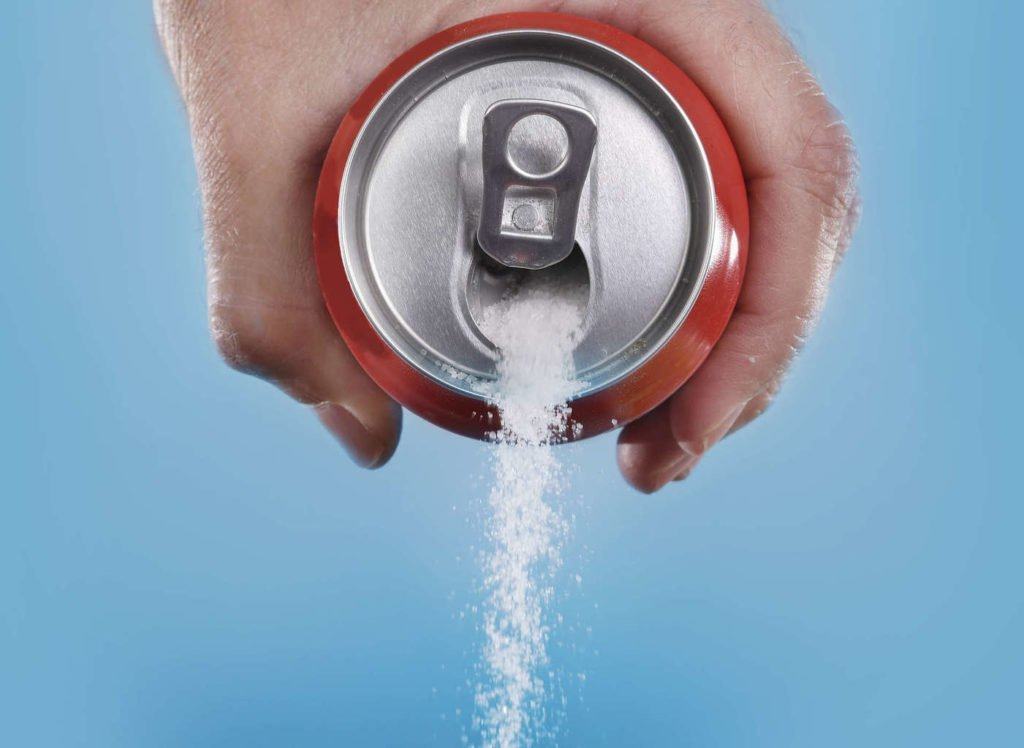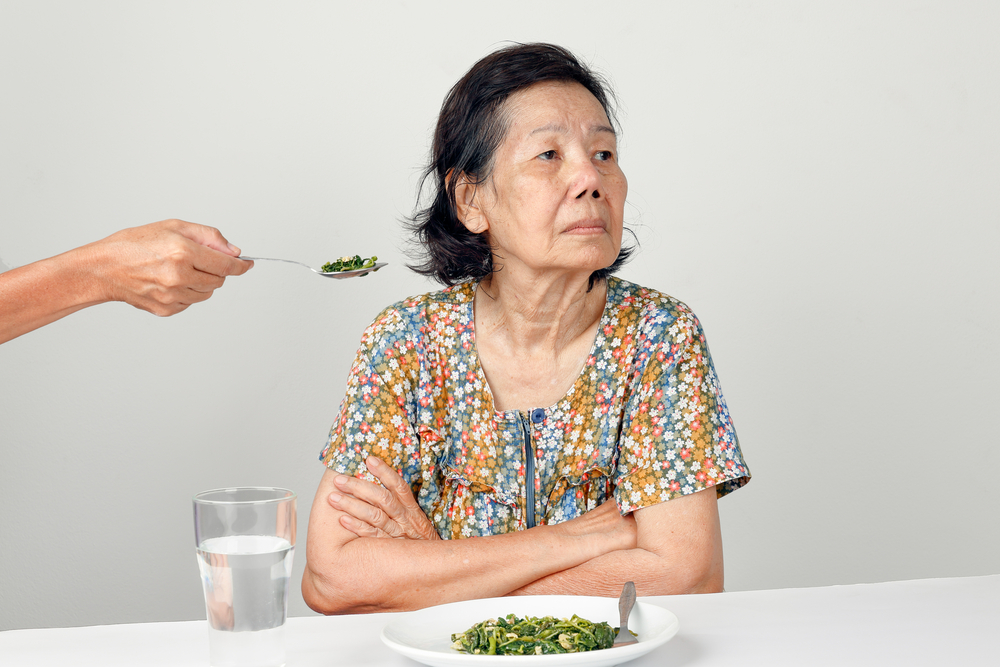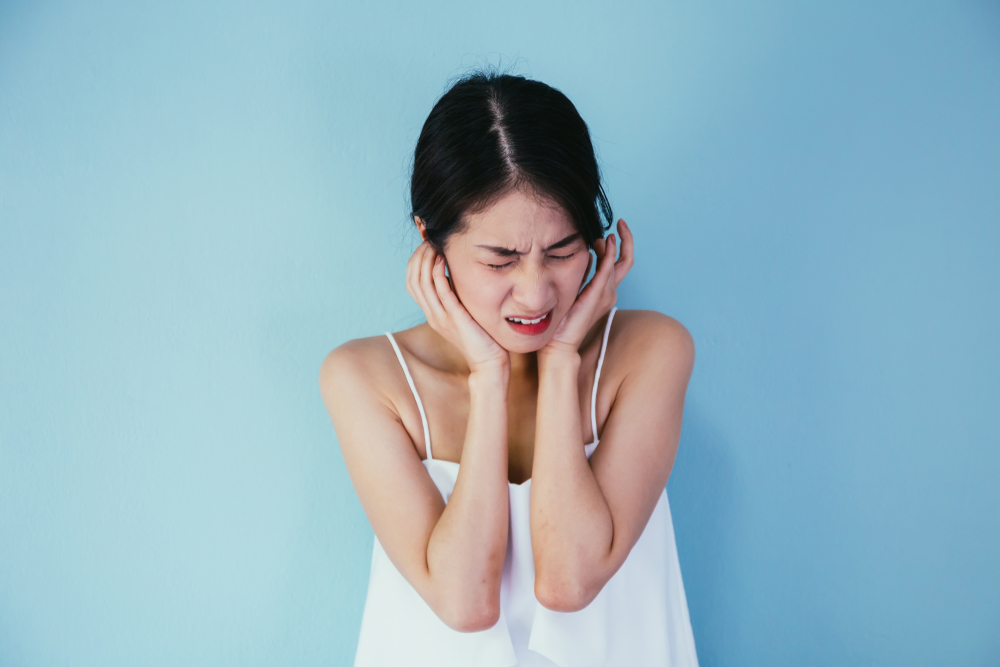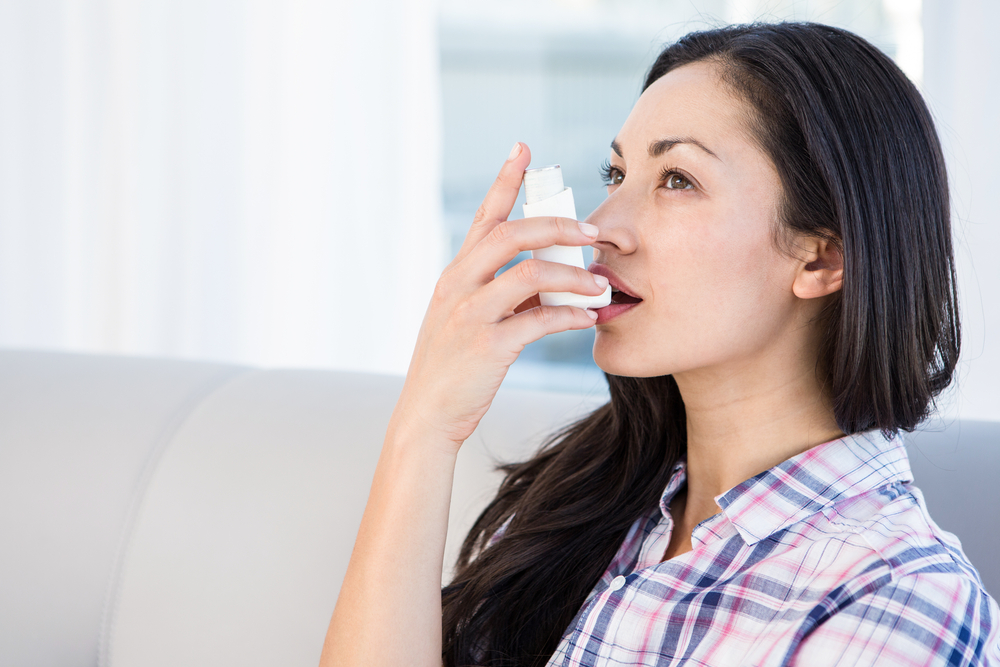Contents:
- Medical Video: New Way to Look for HIV
- Transmission of the HIV virus
- The right time for an HIV blood test after exposure to risk
- Perform an HIV blood test regularly as a preventive measure
Medical Video: New Way to Look for HIV
HIV or human immunodeficiency virus attack and weaken the body's immune system so that the sufferer is susceptible to serious illness. If not treated, HIV can develop into AIDS. HIV transmission can occur through various risky things, such as having unprotected sex with people who have HIV / AIDS. Then, when should you have an HIV blood test after exposure to risk? Consider the following review.
Transmission of the HIV virus
HIV is a virus that enters the body's cells and begins to destroy T cells or T lymphocytes, which are white blood cells that protect the body from pathogens (germs). This virus spreads through several types of body fluids. For example blood, semen (sperm), vaginal and rectal fluid (rectum), and breast milk. Exposure to body fluids of people infected with the HIV virus to healthy people can occur during unprotected sex, organ donation, using syringes alternately with infected people, and breastfeeding.
After exposure, the virus will continue to grow until there are fewer T cells. This makes the patient more vulnerable to disease or infection. If not treated, HIV can develop into AIDS and life expectancy gets smaller. For this reason, patients must take lifelong HIV treatment with antiviretroviral therapy (ART) so that it doesn't get worse.
The right time for an HIV blood test after exposure to risk
Reported by STD Test Express, according to the Centers for Disease Control and Prevention (CDC) in the United States, 97 percent of people infected with HIV will develop special antibodies within three months. This indicates that the test results will be more accurate three months after you are exposed to risk.
However, Avert, a global information and education center on HIV suggests that if someone has done an HIV risk activity, you should immediately do a health check. This is better done than you have to wait and add to your worries. Surely the doctor will give advice on the precautions that will be taken and what tests must be undertaken.
The time between a person exposed to risk and the time at which the HIV test results are most accurate is called the window period (window period). Everyone has a different window period and the type of HIV blood test that is carried out is also influential. Most of the tests that will be carried out are antibody tests. This test requires time for the body to respond to an HIV virus in someone.
The antibody test that detects the fastest infection for about three or four weeks. However, there are also those who only know the test results within 12 weeks. For this reason, people who immediately take the test after feeling themselves exposed need to take the test again three months after exposure to risk. At that time, the antibody test will actually show accurate results; are you positive or negative for HIV. If the results show HIV negative, the test must still be done once again in the next three months to really make sure you are free of HIV infection. In the case of people who feel exposed and immediately take the test and the results are positive for HIV infection within 72 hours, the doctor or medical team will provide PEP (post-exposure prophylaxis).
In conclusion, if you run out of things that are at risk for HIV, such as using a syringe alternately, immediately do an HIV blood test. Don't wait for symptoms or complaints to appear. Then, within three months after you have done the risky thing, do another test to test the accuracy of the diagnosis. Then, follow the advice and direction from the doctor for prevention or treatment.
Perform an HIV blood test regularly as a preventive measure
Anyone can get the HIV virus. Especially in people who are vulnerable to the risk of transmission. For precautionary measures, HIV testing needs to be done regularly and it is recommended to carry out the test at least once a year for sexually active people. Doing this test can detect disease earlier. That way, doctors can recommend treatment or prevention measures so that the condition does not get worse.

